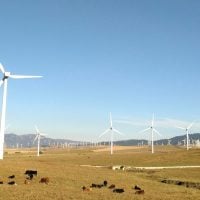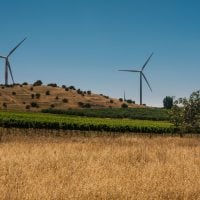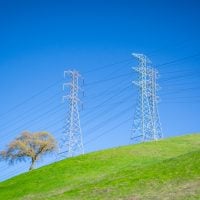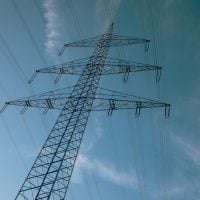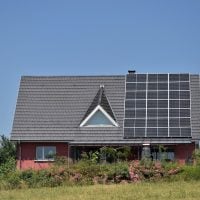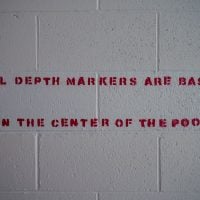Deadline: 7-Jan-24
The Climate and Clean Air Coalition (CCAC) is seeking applications to advance implementation of Pakistan’s National Clean Air Policy through clean cooking fuels and technologies.
In Pakistan, rural and semi-urban populations rely heavily on traditional biomass fuels for their daily cooking needs. The widespread use of inefficient cooking technologies has led to harmful health outcomes and deforestation. According to the Pakistan Economic Survey of 2020-2021, the household sector is a leading contributor to air pollution in Pakistan. An estimated 153,000 people in Pakistan lost their lives in 2019 due to air pollution, with women and children being disproportionately affected.
Support is needed to implement the 2023 National Clean Air Policy that is aligned with Pakistan’s 2021 NDC, and 2021 National Climate Change Policy to promote clean cooking fuel and technologies. The aim of the project is to develop a National Clean Cooking Strategy, which will include identifying barriers to adoption of clean cooking fuels and technologies and developing a roadmap to scaling up renewable energy in the overall energy mix.
Past efforts to promote improved cook stoves have fallen short of meeting the demand for sustainable biomass use and greenhouse gas reduction.
This request will assist in achieving target 7.1.1 of the National Action Plan for SE4ALL (Sustainable Energy for All) i.e., improved Cooking Stoves for around 40 percent of population (National Action plan 2019, Sustainable Energy for all). Pakistan’s first National Inventory for Short-Lived Climate Pollutants compiled in 2022 also identifies the use of improved and efficient cookstoves to reduce indoor air pollution as a priority target further demonstrating the alignment of this project with national priorities.
Funding Information
- Estimated project cost: US$ 240,000 – US$ 300,000.
Expected Results
- Applicants are encouraged to propose additional outputs as needed to ensure the expected project outcomes are achieved. Applicants can determine the scope of outputs if not specified. The project is expected to deliver at a minimum:
- The Government of Pakistan endorses the National Clean Cooking Strategy by the end of the project or soon after.
- Indicator: Number of action plans, roadmaps, strategies, or other future plans with SLCP targets or mitigation measures formally adopted, endorsed and/or implemented.
- Output 1.1: National Clean Cooking Strategy for Pakistan focused on clean cooking fuels and technologies to scale up mitigation from the sector.
- The Government of Pakistan has increased capacity to implement Monitoring, Reporting and Verification (MRV) Framework for clean cooking fuels and technologies by the end of the project.
- Indicator: Number of monitoring, reporting, and verification (MRV) systems developed or updated that include SLCPs.
- Output 2.1: Monitoring, Reporting and Verification (MRV) framework to track the adoption and impact of clean cookstoves to drive data-driven decision-making and continuous improvement of clean cookstove programs.
- The Government of Pakistan has increased capacity to assess, monitor, and reduce SLCP emissions from the household energy sector.
- Indicator: Number of government entities with a demonstrated improved capacity for SLCP action.
- Output 3.1: Capacity building for reporting emissions reduction data to participate in and facilitate access to carbon market incentives for emissions reduction efforts.
- The Government of Pakistan adopts performance standards for clean cookstoves and labels.
- Indicator: Number of laws, regulations, or other policy mechanisms with SLCP targets or mitigation measures formally adopted, endorsed, and/or implemented.
- Output 4.1: Comprehensive performance standards for clean cookstoves and labels to help consumers identify efficient stoves to enhance consumer awareness and informed choices regarding clean cookstoves, leading to increased adoption.
- The Government of Pakistan endorses the National Clean Cooking Strategy by the end of the project or soon after.
Eligibility Criteria
- To be eligible for consideration, project proposals must meet the following requirements:
- Complete and submitted before the deadline
- Submitted by a non-governmental organization (NGO), intergovernmental organization (IGO), or other not-for-profit entity. Governments are not eligible to apply directly for funding in this call.
- Requested funding is within the estimated budget amount, or includes a clear justification for additional expenses
- Project duration is less than 24 months
- Budget criteria are met and spending caps on expenses are respected.
- Please note that entities will be required to provide the last three (3) audited financial statements to be considered for CCAC funding. These statements may be provided along with the application for funding or at the request of the CCAC Secretariat during the evaluation process.
- For-profit entities may only participate in the project as stakeholders, co-funders, or end users. Applicants are encouraged to include for-profit entities in the development of the project proposal and/or during project implementation if their ownership of the proposed solution is key to the project’s success.
For more information, visit Climate and Clean Air Coalition (CCAC).

